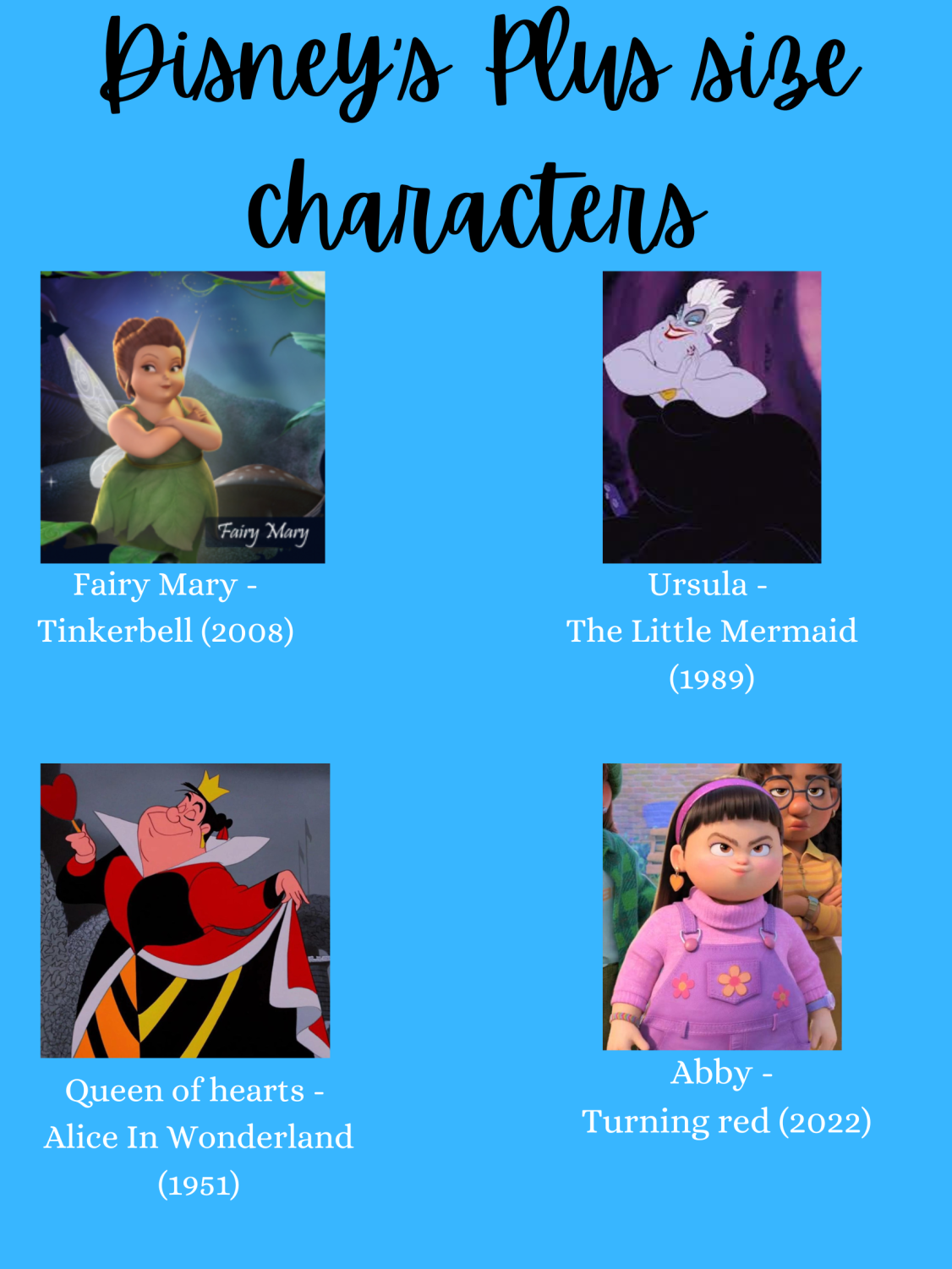Making Disney history
Entertainment giant’s first plus size protagonist in short film Reflect

November 21, 2022
Since 1937, Disney has been creating magical experiences for kids everywhere.
As of November 2021, Disney had produced 60 total feature films. As of October 2022, Disney+ has 152.1 million subscribers across 64 countries, according to Demand Sage. Over the past month, Disney has released a series of experimental short films on Disney+. The short film Reflect was one of these films released.
Reflect is about a young plus size girl, Bianca, who is a dancer. The film explores body dysmorphia, self confidence, and self doubt. It talks about the expectations dancers have placed on them, and the experience of not meeting those expectations.
Bianca is the first ever plus size protagonist in Disney history and despite the representation Disney has added with the film Reflect, not everyone is happy.
The film’s main plot is about Bianca’s body image and weight, and this has caused a few complaints in viewers. Some have said that while the representation may be a good thing, making the first film you have about a plus size girl focus on body image is not. Others have complained that Bianca’s movie is only a short film, and not a full length feature.
“Disney’s art revolves around a shape. The shape of that character reflecting their personality, it’s a little repetitive,” junior Keerah Turner said.
It’s important to a lot of plus sized Disney fans that plus size joy is showcased along with the struggle. Being plus size is not just about suffering.
“I feel like it’s more important to show kids examples of confidence. Because being uncomfortable with your body is not a part of every plus sized persons journey,” Turner said.
Others are taking the release of this film as a chance to have the conversation about other plus size characters in Disney’s history.
Disney has never had a plus size main character before, but they have had plus size side characters and villains. Bianca has brought up the topic of stereotypes for plus size people in film, and how Disney has often contributed to these negative ideas.
Older Disney movies often featured princesses who were skinny and villains who were plus size. This can often be a very nega tive thing because it puts certain body types in a positive light and others in a negative light, even if those movies didn’t focus on those characters body images.
tive thing because it puts certain body types in a positive light and others in a negative light, even if those movies didn’t focus on those characters body images.
There are examples of old shows having token fat characters, whose stories often revolve around others making fun of them for their body or being lazy. These stories often endorse negative stereotypes for plus size people, and treat the word fat as if it’s a negative thing or meant to be an insult.
“Half of the representation they give they put it into background characters or they stereotype the character that they’re trying to make diverse,” junior Bethany Sanders said.
Despite the fact that Bianca’s character isn’t based around stereotypes, people are upset that Disney has given us yet another plus size character whose stories are entirely revolved around their weight.
“All of the Disney characters with an ‘ideal weight’ never focus on their body image or weight. It’s not fair to the characters who are plus sized when all they focus on is their weight,” Sanders said.
However, many others are saying that this representation is a good thing regardless. That having a plus size protagonist is important for viewers of all ages, regardless of the storyline. There’s also people who believe that showing a story about dysmorphia is important for kids to see, and a good thing to put out there.
“I think having plus size protagonists whose stories focus on weight is a good thing as long as it teaches body positive ideals,” freshman Taylor Chapman said.
Chapman is a Disney fan whose favorite movie is Turning Red, they like the story telling and character traits showed in the movie.
Body dysmorphia affects one in fifty people, and it affects an estimated five to ten million people in the United States, according to The Cleveland Clinic. Making a film about someone struggling with this may help people feel less alone, and bring awareness to the disorder.

